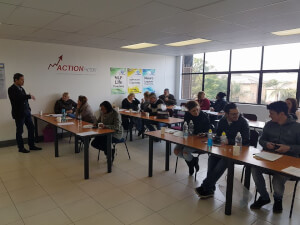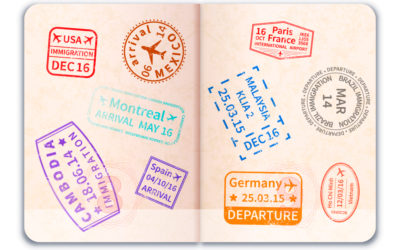In my last post when I introduced mushroom farming in Zimbabwe, I gave a commercial distinction between oyster and white button mushroom where I highlighted that 50 grams of oysters cost $1.50 whilst that of white button can costs above $2.80 on a last mile distribution basis. I also explained that white button requires extra work in cultivating than oyster. Generally oyster mushroom is easy and I usually recommend it when starting the mushroom farming business. It gives you familiarity and it’s a good starting point.
The mushroom market in Zimbabwe is at the point of writing this article insatiable. One of the reasons why mushroom’s demand is high in Zimbabwe is because it’s a neglected niche. People are fascinated by mushroom for their health benefits and medicinal properties. Mushroom nutritional content include proteins, vitamins and minerals. For me all this is of little value. I love mushroom for their taste.
However, the health movement which has taken centre stage in Zimbabwe since dollarization has taken note of the benefits of mushroom which include regulating blood sugar especially for the elderly, immune boosting and cancer risk reduction, fighting bacterial and fungal infection, combating allergies and finally acting as an amazing detoxifier. Does that make any business case? For me it does as I have discovered that sustainability is the core to long term business success.
If this didn’t move you to consider mushroom farming as a business venture in Zimbabwe then this should. Mushroom is a fungus (and am hopeful by now you have realized). The mushroom fungus feeds on waste products of the farm like compost (manure), grass cuttings and maize stalks (mashanga). Amazingly these seemingly useless waste products of the farm form the best growing media for the mushroom fungi.
If you already have a ready building at your home or farm, you largest investment will only be for the seed. The substrate (huswa, mashanga or manyowa) is free. Thus a $100 dollar investment is enough for a modest small scale startup capital and or experimental run. Get in touch with me for professional consultancy and remember #dogoodzim!!!





Any small business is difficult and requires attention. I know that the Zim market has been extremely difficult for everyone. Zim has very resouceful & talented entrepeneurs.
Success comes when we treat these micro enterprises as a Business… and NOT as an “image enhancer”. Watch the pennies and stay focused.
I applaud all who try, fail and then try again.